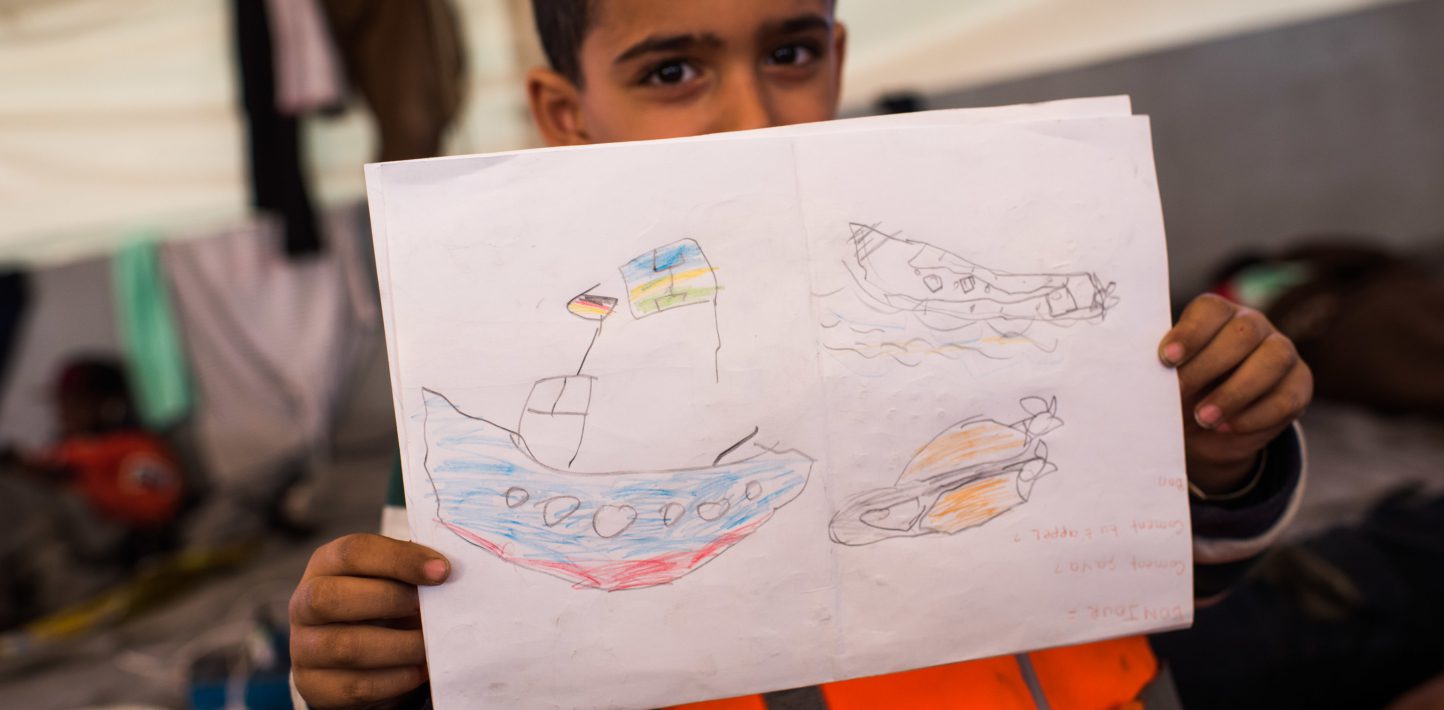Reforms agreed today by the EU on the Pact on Migration and Asylum will set European asylum law back for decades to come and lead to greater human suffering, said Amnesty International.
Today’s political agreement on a set of legislative proposals, will reform EU migration and asylum policy through a set of regulations governing how states respond to people arriving in Europe. The deal reached today by the European Commission, Council of the EU, and European Parliament will diminish the rights of people on the move.
This agreement will set back European asylum law for decades to come. Its likely outcome is a surge in suffering on every step of a person’s journey to seek asylum in the EU.
Eve Geddie, Director of Amnesty International’s European Institutions Office
“This agreement will set back European asylum law for decades to come. Its likely outcome is a surge in suffering on every step of a person’s journey to seek asylum in the EU. From the way they are treated by countries outside the EU, their access to asylum and legal support at Europe’s border, to their reception within the EU, this agreement is designed to make it harder for people to access safety,” said Eve Geddie, Director of Amnesty International’s European Institutions Office.
“The Pact will almost certainly cause more people to be put into de facto detention at EU borders, including families with children and people in vulnerable situations. There will be reduced safeguards for people seeking asylum in the EU, with more people channelled through substandard border asylum procedures, rather than receiving a fair and full assessment of their asylum claims.”
“The Migration Pact also falls short of concretely supporting states where people first arrive in Europe including Italy, Spain or Greece. Instead of prioritising solidarity through relocations and strengthening protection systems, states will be able to simply pay to strengthen external borders, or fund countries outside the EU to prevent people from reaching Europe.”
The agreement reached today also allows countries to opt out of a broad range of EU asylum rules in times of increased arrivals and in case of so-called ‘instrumentalisation’ of migrants or ‘force majeure’. These exemptions risk, in practice, breaching international obligations under refugee and international human rights law. These undermine a common, humane response to people in need of protection, place people at risk of severe human rights violations, and risk normalising disproportionate emergency measures at European borders, setting a dangerous precedent for the right to asylum globally.
At the same time, this agreement reinforces the EU’s dependence on states beyond its borders to manage migration, building on recent deals with Albania, Libya, Tunisia, and Türkiye. Rather than investing in dignified reception within the EU and expanding safe and regular pathways to allow people to reach protection in Europe without relying on dangerous journeys, this amounts to a further step towards externalising border control and evading Europe’s refugee protection responsibilities.
“Amnesty International has long called on EU institutions and member states to put human rights at the centre of negotiations on EU asylum reforms. However, after years of complex negotiations, the EU now risks sleepwalking into a system in even greater need of reform than the current one.”
Eve Geddie, Director of Amnesty International’s European Institutions Office
“Amnesty International has long called on EU institutions and member states to put human rights at the centre of negotiations on EU asylum reforms. However, after years of complex negotiations, the EU now risks sleepwalking into a system in even greater need of reform than the current one.”
“The Pact won’t solve the pressing problems facing asylum systems in the EU, including underinvestment in asylum and reception systems, unlawful and often violent pushbacks, policies that deny people the right to asylum, and impunity at EU borders. Without renewed commitment to enforcing EU law and ensuring accountability for pushbacks and other violations, the Pact will do nothing to improve protections for asylum seekers in Europe – or improve Europe’s common response to migration. We continue to call on the EU to address these well-documented violations and take steps to ensure a human rights compliant, sustainable, and well-resourced response to people arriving at Europe’s borders.”
Background
Today, the European Parliament and the Council of the EU reached a political agreement on several key files of the New Pact on Migration and Asylum, including the Asylum Procedures Regulation (APR), Asylum and Migration Management Regulation (AMMR), Screening Regulation, the Crisis and Force Majeure Regulation, and the Eurodac Regulation.
However, talks will continue at a technical level up until February 2024, with a formal adoption expected before the European Parliament elections in June 2024.
For interviews please contact: [email protected] or +442030365566


